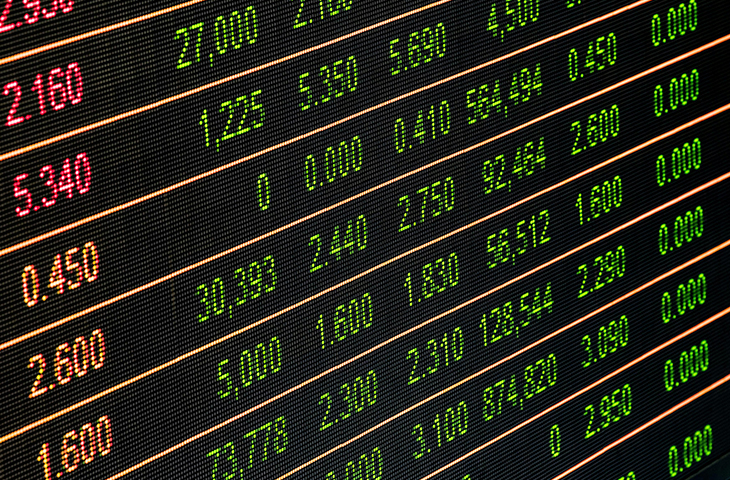China Imposes Retaliatory Tariffs On Us Goods Including Coal, Crude Oil, And Some Vehicles

Jenny Chang-Rodriguez/Business Insider
- China has imposed tariffs on some US goods in response to Trump's trade plan.
- Chinese authorities also announced a probe into Google and put two companies on its "unreliable entities list."
- Experts warn US tariffs on China may raise prices for electronics and other goods.
China hit back at President Donald Trump's trade plan on Tuesday morning with two tiers of tariffs on American goods.
China's Ministry of Finance said it would impose a 15% tariff on coal and liquefied natural gas and a 10% tariff on crude oil, agricultural machinery, and some vehicles.
The announcement comes days after Trump said he would put a 10% tariff on all Chinese imported products, building on his campaign promise of a robust tariff policy.
In a statement announcing China's tariffs, the Ministry of Finance said the US' moves violate World Trade Organization rules.
"It is not only unhelpful in solving its own problems, but also disrupts the normal economic and trade cooperation between China and the US," the statement said. The tariffs will go into effect on February 10.
Chinese authorities also announced a probe into Google and put PVH Corp — the holding company for Calvin Klein — and Illumina, a US biotech firm, on its "unreliable entities list."
The State Administration for Market Regulation said in its announcement that Google violated antitrust laws. The regulator did not provide further details.
Meanwhile, China's commerce ministry said PVH and Illumina took "discriminatory measures against Chinese companies" and "seriously damaged" the legitimate rights and interests of Chinese firms.
None of the companies immediately responded to a request for comment from Business Insider.
Separately, China's Commerce Ministry and its customs administration announced export controls on strategic metals and minerals, including tungsten-related materials and bismuth-related materials, to "safeguard national security interests."
The US needs to 'solve its own fentanyl issue'
Trump has said his tariffs are a mechanism to hold China, Mexico, and Canada accountable for what he views as their role in the illegal flow of fentanyl into the US.
The president said China is "sending fentanyl to Mexico and Canada" and worsening the fentanyl crisis in the US. He suggested a 60% tariff on China on the 2024 campaign trail.
China has said fentanyl is the US' own problem and that Beijing would challenge the tariffs at the World Trade Organization.
"The US needs to view and solve its own fentanyl issue in an objective and rational way instead of threatening other countries with arbitrary tariff hikes," a Chinese foreign ministry spokesperson said on Sunday.
Vishnu Varathan, Mizuho's head of macro research for Asia excluding Japan, wrote in a Tuesday note that China's tariff move "ups the ante on an escalatory tit-for-tat trade conflict" if Trump lifts tariffs.
Trump has also placed 25% tariffs on Canada and Mexico — but later delayed the measures until March after reaching agreements to strengthen border protections with Mexico's President Claudia Sheinbam and Canada's Prime Minister Justin Trudeau.
Cutting a deal with China may be harder.
"The overarching geo-economic dimensions to US-China trade means that resolution will be far more fraught than is the case with Mexico and Canada," Varathan wrote.
Trump's approach to trade with China echoes his first term in office. Throughout 2018 and 2019, the president placed tariffs on hundreds of billions of dollars worth of Chinese products, including tech equipment and plastics. In 2019, China responded by placing 10% retaliatory tariffs on $75 billion of US imports.
Some lawmakers and billionaires have urged the president to rethink his tariff plan, saying that it will cost small businesses and American consumers.
China is a major producer of US electronics, and it's likely that cellphones, laptops, and other devices could become more expensive.
The White House did not immediately respond to a request for comment from Business Insider.


